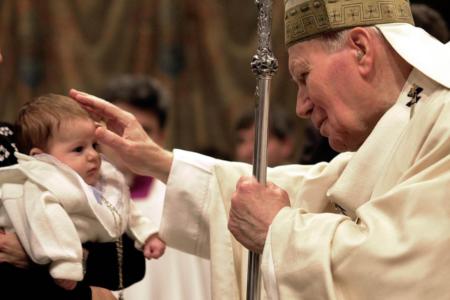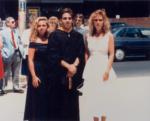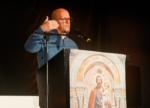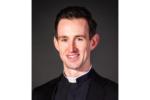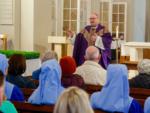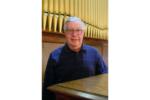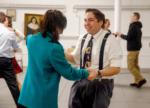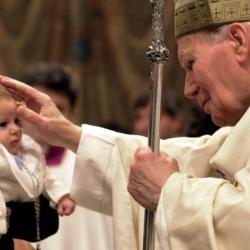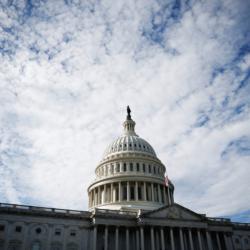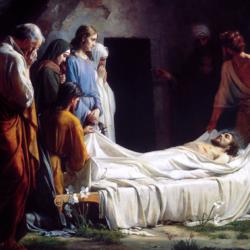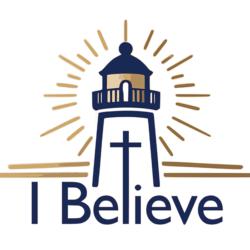Elmbrook appreciated
In September of this year, Elmbrook University Center, a “corporate apostolate” of Opus Dei, located just off the Cambridge Common on Follen Street, is celebrating its 50th anniversary. Since I personally have gained much from Elmbrook, it seems right to acknowledge this debt publicly. My fellow columnist, Dwight Duncan, has already written about the history of Elmbrook; I wish to explain what I consider the spirit of the place.
Businessmen speak of “barriers to entry,” by which they mean a substantial cost associated with the development of a product, making it difficult for chance competitors to enter a field. Barriers to entry are paradoxically regarded as good, because they raise the stakes and insure that sacrifice is rewarded.
It seems to be part of the inscrutable providence of God that Opus Dei in each generation has carried along with it a barrier to entry, which takes the form of some kind of bad reputation. The content of the bad reputation changes over time. Today, of course, people have all kinds of strange ideas of Opus Dei stemming from “The DaVinci Code.” When I was a graduate student at Harvard in the late ‘80s, Opus Dei was said to be a neo-fascist operation related to the Franco regime in Spain.
“Opus Dei -- isn’t that an ultra-conservative movement?” my friends would ask. I would explain that Opus Dei had no political program at all; that its members were free to embrace any political view they wished -- right or left -- which was consistent with the teachings of the Catholic Church; that in fact personal freedom in matters of prudential judgment was encouraged and celebrated at Elmbrook.
To some, these explanations made no difference. You had to be willing to ignore at least for the moment “what people think” in order to learn what Elmbrook was really about.
I first visited Elmbrook for an “evening of recollection.” It was an intimate setting: a dark chapel, and a priest seated at a desk in the corner, his New Testament illumined by a small light, reading from the Scriptures and commenting. He wasn’t preaching -- he explained -- but meditating on Scripture in such a way as was meant to be an aid to your own personal dialogue with Our Lord in the Blessed Sacrament. He spoke about Christianity with a sincerity and passion I had not encountered before -- I think because it was clear that he regarded the Christianity of the first disciples as entirely real and as exactly what we should be imitating today.
I sought spiritual direction from this saintly priest, Father Sal Ferigle, and went on to take numerous classes with him in sound doctrine, Christian moral teaching, and apologetics. This teaching was an anchor for me during the years I was studying for my doctorate in philosophy.
To say this would perhaps be to say enough from my point of view, and yet I learned as much from the “spirit” which I saw in Father Sal and in the other men who lived there -- I mean attitudes which give a personality to how we embrace the Catholic faith. Labels are misleading, but one might sum up these attitudes under the headings of confidence, simplicity, and fidelity.
What I mean by “confidence” may be shown in how I was taught to view the turmoil in the Church following the Second Vatican Council. Don’t be surprised if it takes a century or two for Vatican II to be implemented, Father Sal would say, because it took that long for the Council of Trent to be faithfully implemented. And don’t go to excess in stressing what is new in Vatican II -- although much in the Council’s teaching is a development, and in that sense new -- because the Council, like any magisterial teaching, needs to be interpreted as part of the entire tradition. Also, I was taught not to dwell on abuses by priests and bishops, because that wasn’t my concern but rather the concern of the Church, and the Church would take care of that in time.
I was taught to look to the good and regard that as normative, even if it seemed slight or swamped by the bad.
By “simplicity” I mean attention to duties and good works that are plain and before us, and not getting distracted by grandiose schemes or vain imaginings about how some other time or place might be better. I once mentioned to Father Sal the horrific prophecies about the end times that one finds in mystics and some private revelations. He didn’t deny their truth, but he said that it made no difference to us, because we would live in the same way and do the same things regardless.
Another mark of simplicity was not caring about numbers: Did only two friends show up for that class you had organized? Great -- you dealt with those two souls (and left the rest to God).
Finally, “fidelity” may be illustrated by how I was taught at Elmbrook to think with the Holy Father. The moment an encyclical or apostolic letter was issued, we would all be reading it and thinking about how it should change our lives. It became the matter for preaching, discussion, and prayer.
At the time it seemed a good bargain: take the risk that someone in ignorance might suppose you are a neo-Fascist, and win spiritual riches in return. Twenty years later, the bargain seems equally good.
Michael Pakaluk is Professor of Philosophy at the Institute for the Psychological Sciences in Arlington, Virginia.
